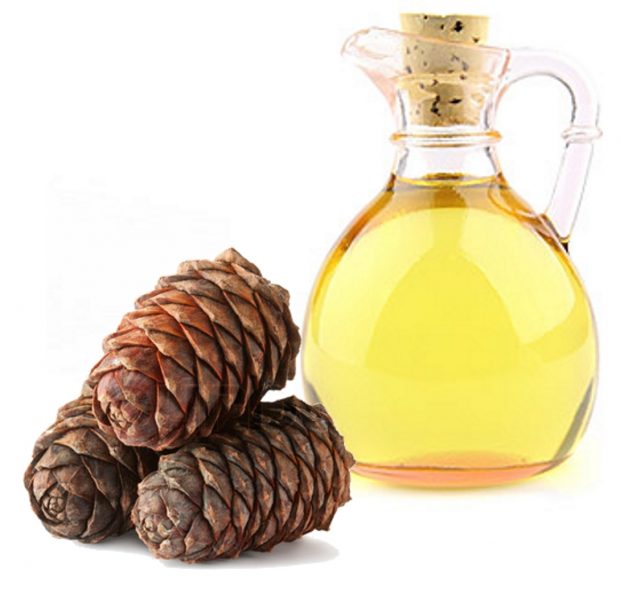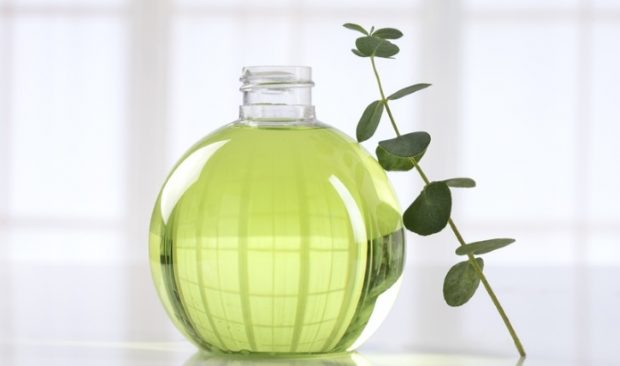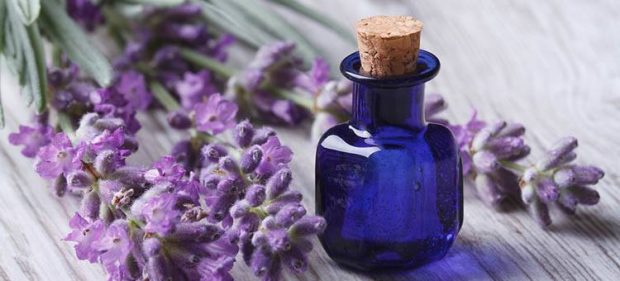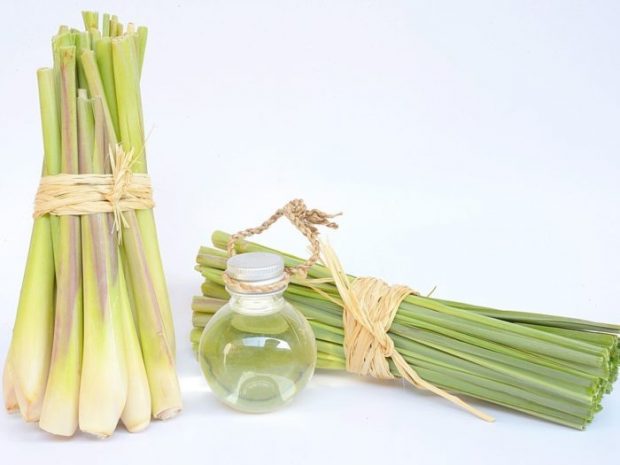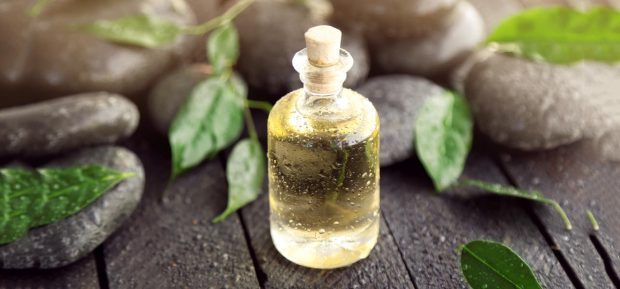Lately, I’ve been getting into using essential oils. They are a great natural alternative to use as cleaning agents for the home without the harsh chemicals. Essential oils can also help alleviate common ailments and are known to relax the mind and body. I personally use the oils topically or through direct inhalation. Below, I’ve rounded up five essential oils you should always have in your home.
Cedarwood Oil
This essential oil provides many therapeutic effects, especially through inhalation or when added to a body spray. The woodsy scent alone encourages the release of serotonin, which is then converted to melatonin in the brain. Melatonin is a natural hormone produced by the body and it helps to maintain the wake-sleep cycle. Cedarwood essential oil is often recommended for people who suffer from anxiety and/or insomnia as the oil has a calming effect.
Cedarwood oil can also be used to treat thinning hair, as it’s known to stimulate hair follicles and increase circulation to the scalp. You can simply add cedarwood oil to your shampoo or conditioner, massage the oil into the scalp and allow it to absorb for 30 minutes, then rinse. As a caution, when using the oil on the skin, use a low dosage. Cedarwood oil is very potent and can cause irritation to the skin if used in huge quantities.
If you’re looking to get rid of bugs such as flies and mosquitoes, cedarwood oil can help with that too! You can add water to a spray bottle, spray and watch how the insects will stay away!
Eucalyptus Oil
This essential oil has been used for centuries to support oral hygiene. You can try eucalyptus oil in combination with coconut oil and aluminum-free baking soda for homemade toothpaste recipe, compliments of simplegreensmoothies.com.
Eucalyptus oil has also been used to remedy colds and other respiratory disorders. This is due to its antibacterial qualities. The essential oil acts as a powerful decongestant and when inhaled, alleviates a congested nose and even bronchitis.
The essential oil is known to heal bug bites and stings. Eucalyptus oil also treats minor skin wounds such as sores and cuts with its strong antiseptic properties.
Lavender Oil
The name “lavender” originates from the word “lavare, ” which in the Latin language means ‘to wash.’ Lavender oil comes from lavender, a plant mainly found in the Mediterranean mountains and North Africa. Lavender oil has been said to be the most popular essential oil in aromatherapy. This may perhaps be due to the many legends associated with the oil. The oil has been said to anoint Jesus, although in the biblical days the term for lavender was spikenard. The ancient Greeks used lavender to combat insomnia and the ancient Romans used the oil for washing and as a perfume.
Today, lavender oil is still used to help aide sleep issues such as insomnia. This is due to its natural calming effects. Lavender essential oil is also helpful in treating depression, headaches and migraines.
Lemongrass Oil
For many years, lemongrass has been used in herbal medicine and as a natural fragrance. Lemongrass contains a variety of vitamins and minerals including copper, magnesium, manganese, phosphorous and potassium.
Lemongrass is often used to treat digestive disorders such as indigestion, heartburn, bloating and stomach cramps. It has inflammation reduction properties and helps to ease pain. The powerful herb is also known to reduce fevers, just simply drink it as a tea. First, bring the water to a boil, add the lemongrass leaves, strain the stalks from the liquid and add sugar (if desired).
The lemony fragrance of lemongrass oil is often used in perfumes or as a deodorizer for the home. You can combine drops of the oil with water and add it to a diffuser or combine with other oils to create your own fragrance.
Tea Tree Oil
Tea tree oil is one of my favorite essential oils because it can be used in so many different ways. This essential oil is known to work wonders on the skin such as reducing acne, helping to clear eczema and combating dry scalp. Tea tree oil is often a key ingredient in beauty products such as skin creams and face washes, which contain tea tree extracts. The oil also helps dry skin, especially when combined with almond oil. Remember to use a small amount since essential oils tend to be very potent. Like many other essential oils, tea tree oil can be used as a bug repellant. Simply bathing with tea tree oil soap is enough to ward off mosquitoes, fleas and flies.
I personally use tea tree oil as an all-purpose cleaner in the home. I use it to clean the countertops and the kitchen and bathroom floors. I combine three to four drops of the tea tree oil with cedarwood oil or Dr. Bronner’s Eucalyptus Pure-Castille Liquid Soap. I add water and use the concoction in a spray bottle. This mixture is a safe alternative as a cleaning agent and it leaves the place with a refreshing scent.
